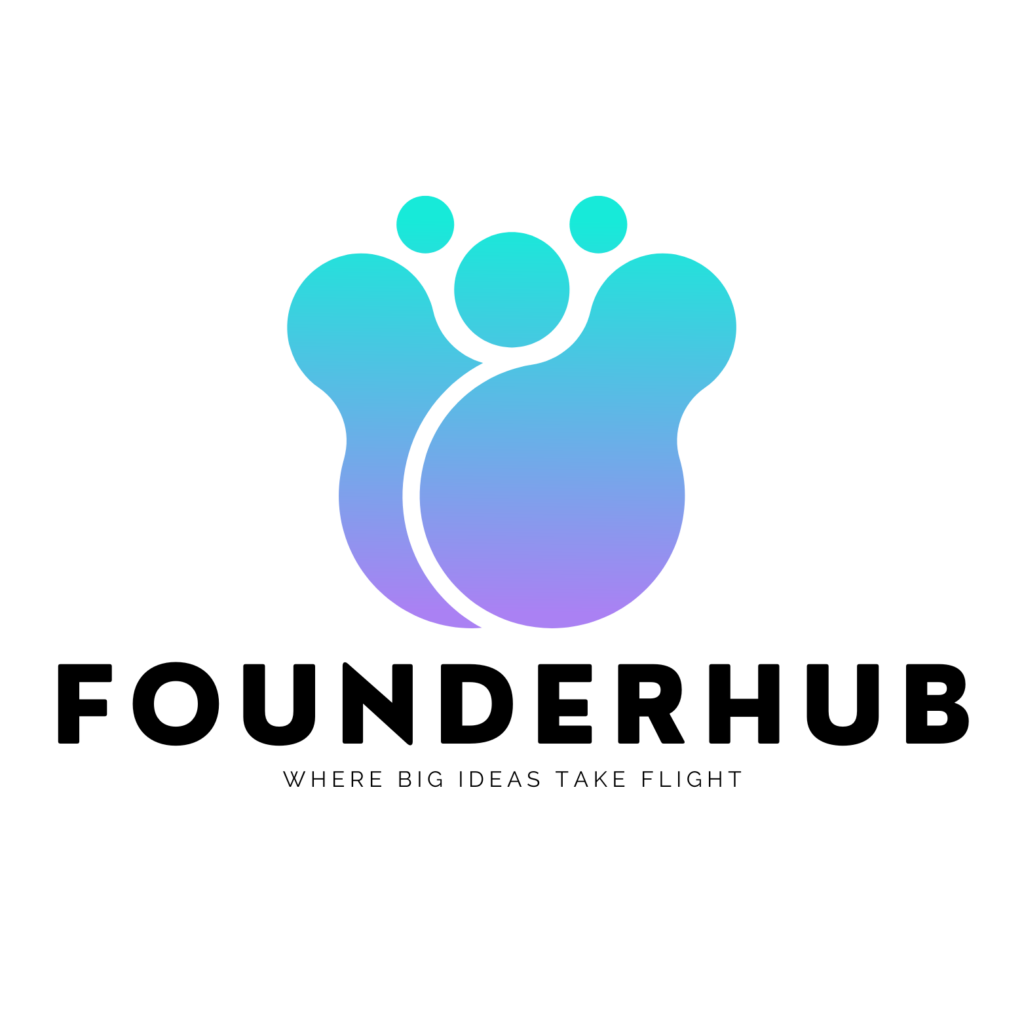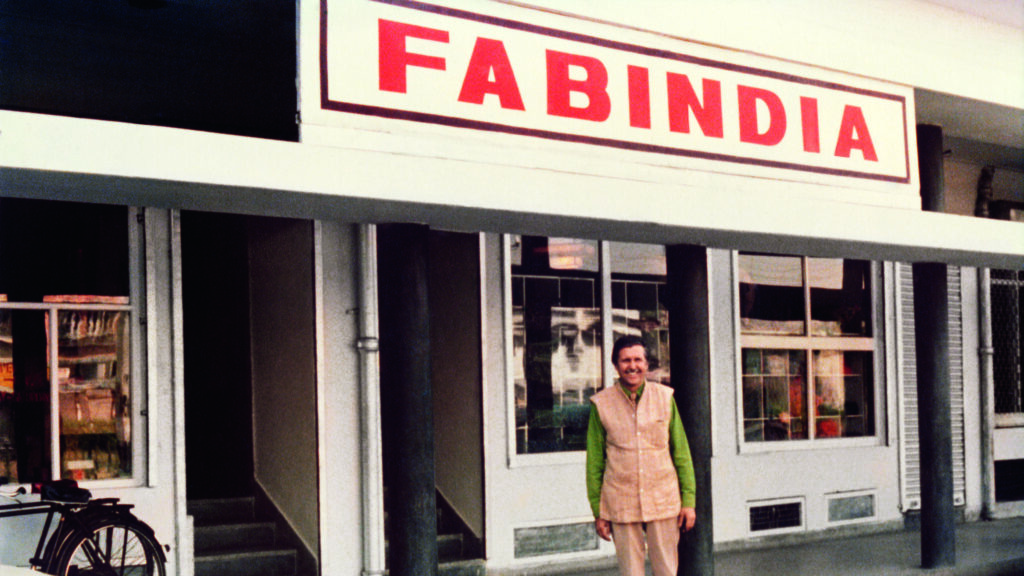Meet the man behind FabIndia whose Indian clothes brand Tata wants to buy for 17000 CR.
A Journey Begins in India
In 1958, John Bissell, a native of Hartford, USA, arrived in India on a two-year grant from the Ford Foundation. Tasked with advising the Central Cottage Industries Corporation on exports, John soon fell in love with the rich Indian culture. Instead of returning home, he chose to stay in India, captivated by its vibrant heritage and potential.
The Birth of Fabindia
John quickly realized the untapped potential of village-based industries in India, brimming with skills yet largely unnoticed by the world. With a modest legacy of Rs 95,000 from his grandmother, he set out to revive the struggling Indian textile industry. In 1960, from two small rooms in his house, John founded Fabindia.
The idea was simple yet profound: to provide the world with beautiful Indian crafts. John embarked on extensive travels across villages, searching for weavers capable of producing flat weaves, pale colors, and precise weights. After a lengthy search, he found A.S. Khera, a home furnishing manufacturer in Panipat, who became Fabindia’s first supplier.
Early Success and Challenges
By 1965, Fabindia had gained traction. John’s efforts bore fruit as Fabindia’s home furnishings caught the attention of Habitat, becoming its first customer. Establishing distribution in the US, John supplied Indian crafts to mom-and-pop stores, and Fabindia’s revenue reached 20 Lakhs. However, the journey was not without its setbacks.
During the Emergency in 1975, commercial establishments faced restrictions on operating from residential properties. John had to move out of his house, leading to a pivotal moment in Fabindia’s history. In 1976, John entered the retail market, opening Fabindia’s first outlet in Greater Kailash, Delhi.
Building a Brand
The name Fabindia soon became synonymous with high-quality Indian fabric, blending modern designs with traditional handlooms. By 1994, John opened a second outlet in Delhi, with sales soaring to 12 CR.
Diversification and Growth
In 2006, Fabindia expanded beyond textiles, introducing a range of non-textile products, including organic foods, personal care items, and handcrafted jewelry. This diversification transformed Fabindia into a comprehensive Indian art brand, supporting 22,000 artisans across 21 states. By 2007, Fabindia’s revenues reached 200 CR.
Inclusive Capitalism
Despite growing recognition, artisans were earning only 5% margins. To address this, Fabindia launched an inclusive capitalism model. Artisans could purchase shares in regional companies for Rs 30, use shares for loans, and reclaim products from suppliers if the quality was subpar. This model proved successful, empowering artisans and fostering growth.
Scaling New Heights
By 2015, Fabindia had scaled to 18 regional companies, supporting 40,000 artisans and operating 196 stores. With an investment of 110 CR from Premji Invest at a valuation of 1500 CR, Fabindia expanded globally, opening stores in Singapore, Bhutan, Dubai, Italy, Nepal, Malaysia, and Mauritius. By 2016, Fabindia was valued at 5397 CR.
Present Day and Future Prospects
Today, Fabindia boasts 1668 CR in revenue, a valuation of 16,000 CR, 55,000 artisans, and over 400 stores. This remarkable growth has attracted the attention of Tata, leading to discussions of a 17,000 CR acquisition.
A Legacy Continued
John Bissell passed away at the age of 66, but his legacy lives on through his son, William Bissell. The FabIndia School in Bali, Rajasthan, continues to support 600 children with subsidized fees and scholarships, reflecting the company’s enduring commitment to community development.
Fabindia’s journey from a modest startup to a global brand is a testament to John Bissell’s vision and dedication. His efforts have not only revived Indian textiles but also empowered countless artisans, preserving India’s rich cultural heritage for the world to appreciate.
Follow us on Linklden: https://www.linkedin.com/company/founderhubin/


